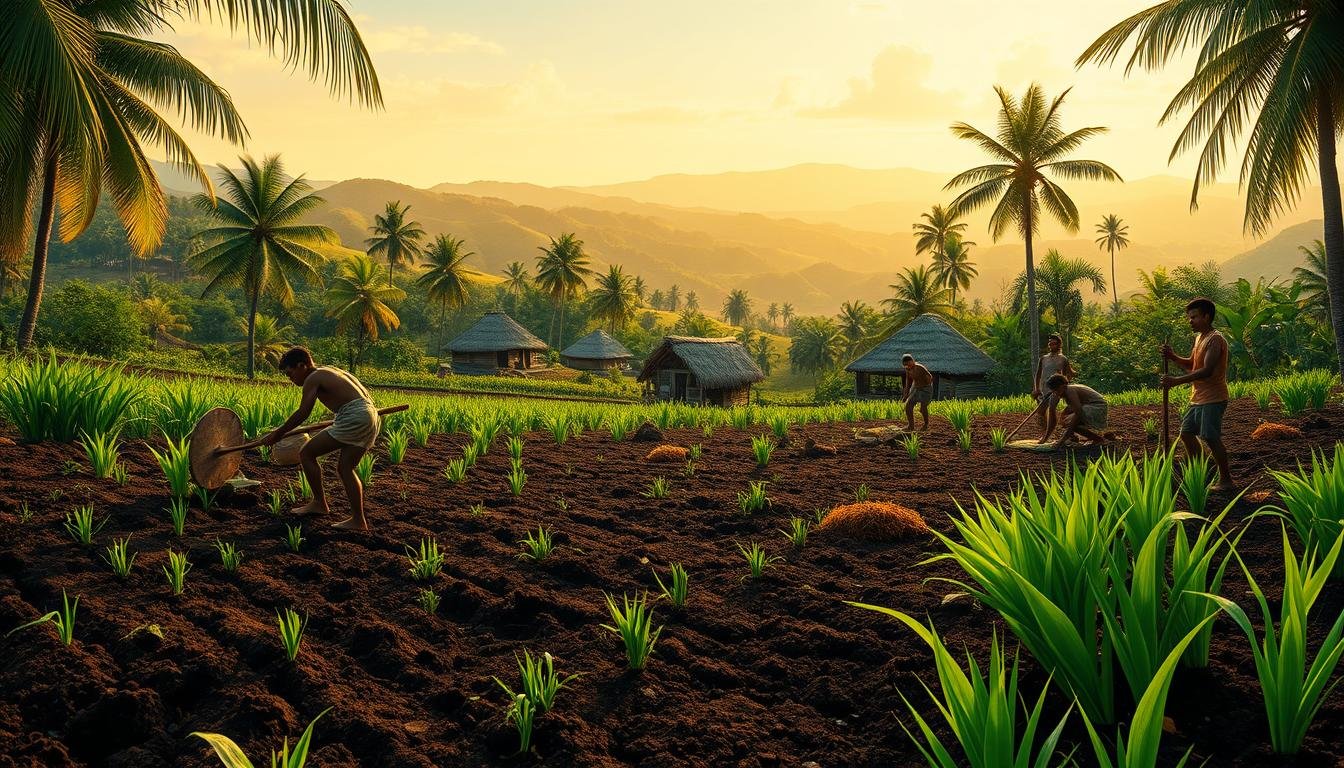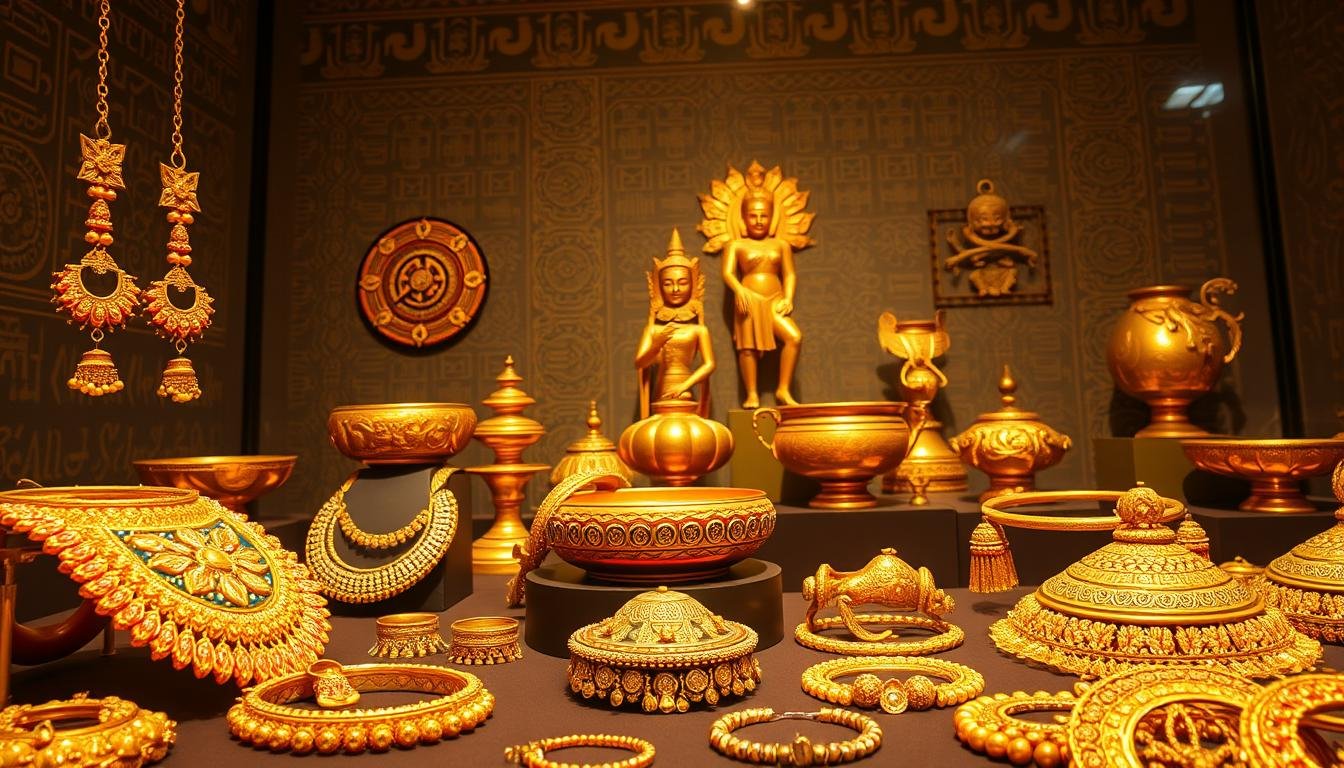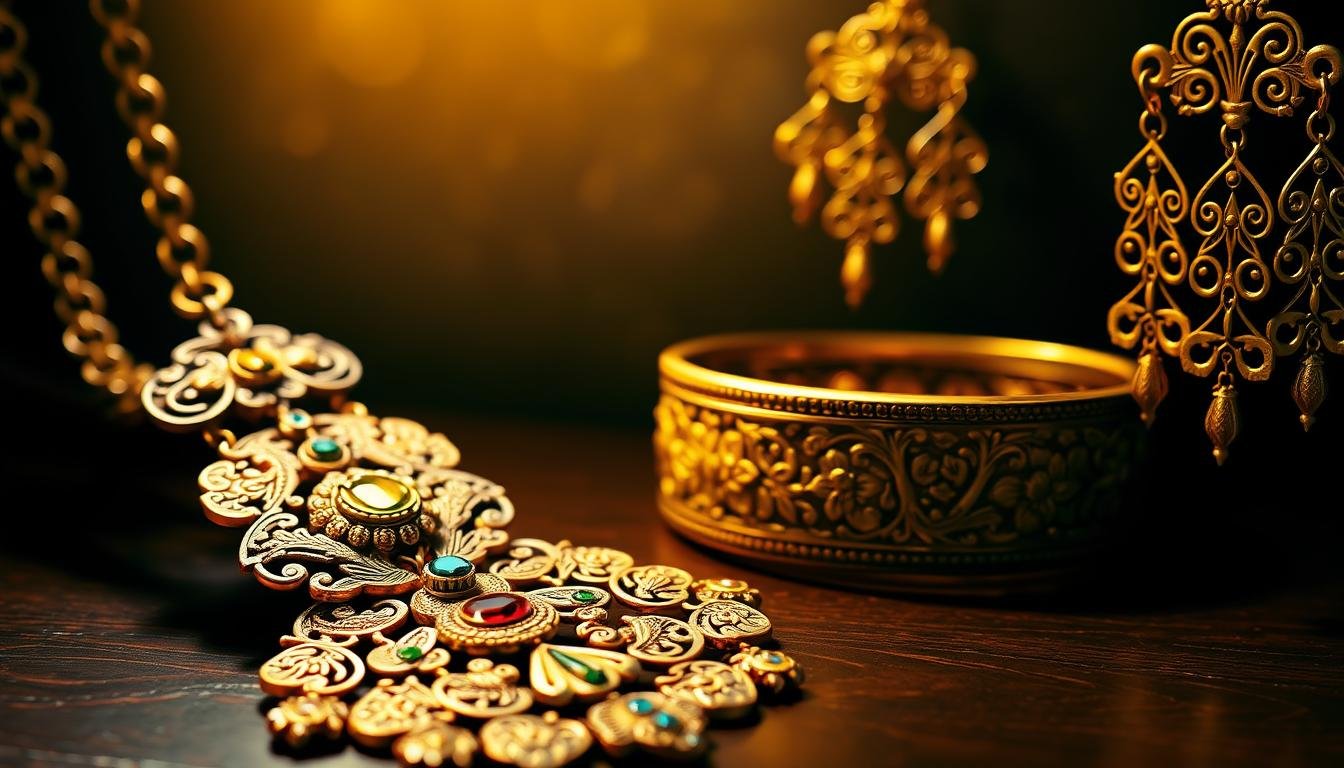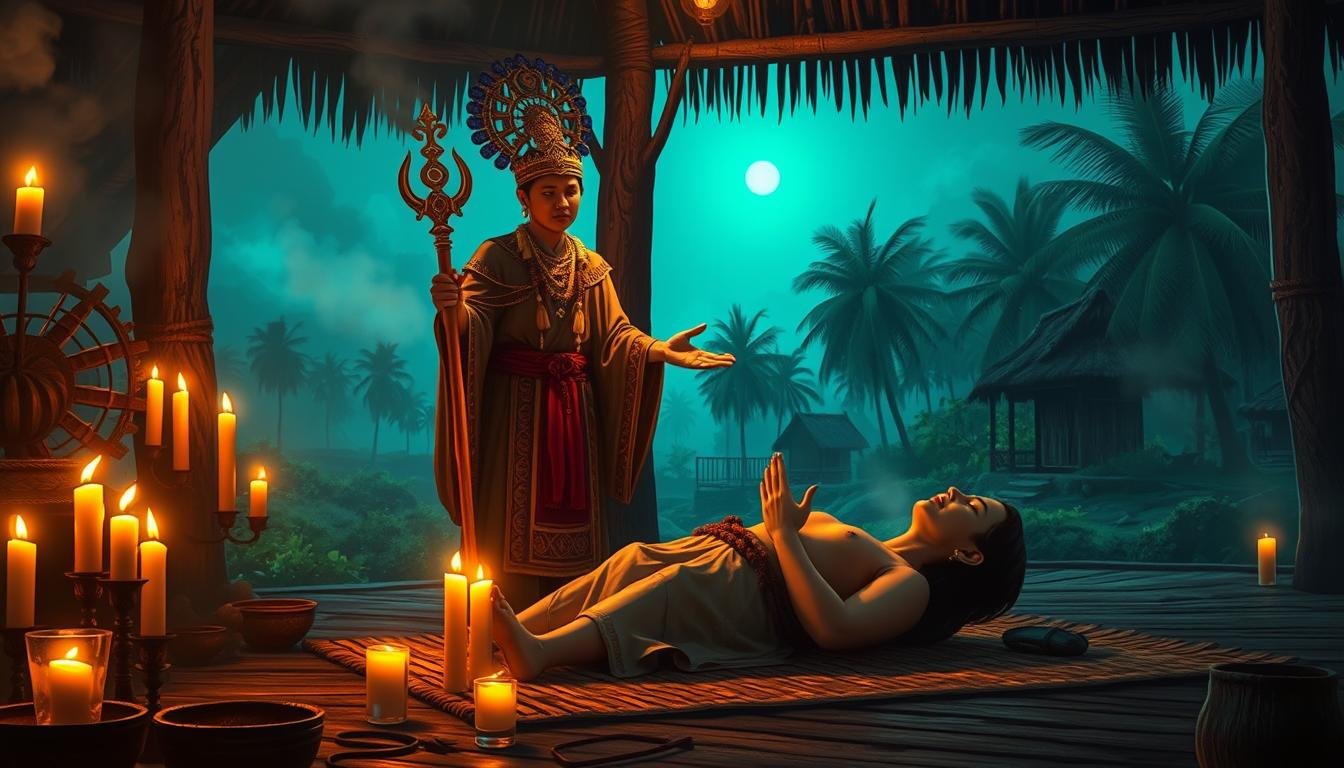Did you know that rice cultivation in the Philippines dates back to 2025 BC? This ancient practice is a testament to the ingenuity of early Filipino farmers. Long before modern technology, they developed sustainable systems that supported food production and land management. Pre-colonial farming was more than just growing crops. It was a way of…
Ancient Filipino Pottery: Techniques and Designs
Did you know that Filipinos have been crafting pottery for over 3,500 years? This ancient art form, deeply rooted in the Philippines’ cultural heritage, has shaped traditions and daily life for centuries. From intricate designs to practical uses, pottery has played a vital role in the archipelago’s history. Early Filipino potters relied on simple yet…
The Significance of Betel Nut Chewing in Pre-Colonial Philippines
Did you know that betel nut chewing dates back thousands of years in the Philippines? This ancient practice, deeply rooted in the region’s culture, played a central role in pre-colonial society. Archaeological findings from Palawan and historical records of Austronesian migrations provide evidence of its widespread use. In pre-colonial times, the betel quid—a mixture of…
Ancient Filipino Gold: Unearthing the Treasures of Our Ancestors
Did you know that ancient Filipino gold artifacts date back over 1,200 years? These treasures, discovered in places like Surigao, reveal a rich history of craftsmanship and cultural significance. Gold was more than just a metal; it symbolized wealth, power, and spirituality in precolonial Filipino society. From intricate jewelry to ceremonial weapons, these artifacts showcase…
Ancient Filipino Clothing: Materials and Styles
Did you know that the art of piña weaving, used to create the iconic Barong Tagalog, can take up to two years to produce enough fabric for a single piece? This stunning example of craftsmanship is just one of the many treasures found in ancient Filipino clothing. Rooted in centuries of tradition, Filipino garments showcase…
The Role of Elders in Pre-Colonial Philippine Communities
Did you know that in pre-colonial Philippine societies, elders were not just respected figures but the backbone of cultural preservation and governance? Their influence shaped the social fabric of communities, ensuring traditions and wisdom were passed down through generations. Elders held a unique position, acting as custodians of knowledge and leaders in both local and…
Ancient Filipino Jewelry: Adornments and Symbols
Did you know the Philippines holds the second-largest gold deposit in the world? This abundance of gold has shaped the nation’s history, particularly in the creation of stunning adornments. Ancient Filipino jewelry is more than just decoration—it’s a celebration of heritage, artistry, and symbolism. From intricate gold dental decorations found in the Bolinao Skull to…
Pre-Colonial Philippine Dance: Rituals and Celebrations
Did you know the Philippines is home to over 175 ethnolinguistic groups, each with unique traditions? Among these, pre-colonial dance stands out as a vibrant art form deeply rooted in rituals and celebrations. Long before foreign influences shaped the archipelago, indigenous communities used movement and music to tell stories, honor deities, and mark significant events….
The Role of the Babaylan in Pre-Colonial Healing Practices
Did you know that 60% of pre-colonial Filipinos relied on spiritual leaders for healing and guidance? These figures highlight the profound influence of the Babaylan, revered as healers and spiritual mediums in Filipino society. In pre-colonial times, these shamans bridged the natural and supernatural worlds. They performed rituals, used herbal remedies, and provided spiritual counseling….
Unearthing Ancient Trade Routes: The Philippines and Its Neighbors
Did you know that during the height of the Manila Galleon trade, over 1,000 ships sailed annually between the Philippines and Mexico? This bustling network of commerce connected distant cultures and laid the foundation for modern economic systems. The Philippines, with its strategic location, became a hub for goods and services, shaping its identity as…










